Frequently Asked Questions
General FAQs
-
We pride ourselves on being people focused and competitive, but the pricing depends on a few factors. These are the size of the company (either employee number or annual revenue) as well as industry and your companies goals after measuring your emissions.
Share you requirements here and we’ll get back to you with a quote: https://www.climabrite.co.uk/pricing
-
Again, the project timeline depends on a variety of factors from the size of business and industry. We usually recommend brands taking between 4-6 weeks if they are an SME, but this can take longer depending on your supply chain. In all cases, you’ll have an account manager to help you every step of the way.
-
At Climabrite, we pride ourselves on having no fancy software. During your exploratory call, you’ll be able to discuss which way of working you prefer. If you have the data to hand, you can just hand it all over and we’ll get working on it or we can give you a helping hand.
-
On completion of your carbon report we will be happy to offer training to our employees to engage them in your mission and results. Drop us an email at support@climabrite.co.uk to discuss further.
-
We pride ourselves on being people focused and therefore we do not have a cap on the consultancy hours we provide to brands. We’re here to help!
-
At Climabrite, we’re on a mission to reach Net Zero by at least 2030. We are producing our Net Zero report currently which we will publish soon.
Technical FAQs
-
As the GHG Protocol states, companies only need to measure the following parts of Scope 3:
Category 1 Purchased Goods and Services: Printed products, office paper, water, external data centres, electronic equipment, catering.
Category 3 Upstream energy.
Category 5 Waste from operations: Disposal.
Category 6 Business travel: Flights, rail travel, rental and private vehicles, hotel accommodation.
Category 7 Employee travel: Employee travel, home office.
However, as we believe you can’t reduce what you don’t measure, we recommend to all our clients they measure all 15 categories within Scope 3 to get the most accurate data.
-
Activity-based carbon calculations provide more accurate data and precision, making it easier to target and implement effective emission reduction measures.
For smaller companies with limited resources, the spend-based approach offers a manageable initial estimate, helping to identify key areas of the footprint that significantly contribute to the company's overall impact. Although spend-based calculations may overestimate, they allow for a practical starting point in the absence of detailed data or complementing activity-based methods when primary data is hard to access.
-
You can think of carbon offsets as climate helpers. They're projects that do things like creating renewable energy, making buildings more energy-efficient or restoring forests by planting trees. These solutions compensate for the pollution already produced by human activities.
Carbon removals differ from offsets as they involve activities that actually remove carbon dioxide from the atmosphere. Recognising their importance, the IPCC has announced that carbon removals are crucial for combating climate change and curbing global warming to 1.5°C. The consensus is that we must invest in removing carbon that is already out there. Carbon offsets will not be enough.
